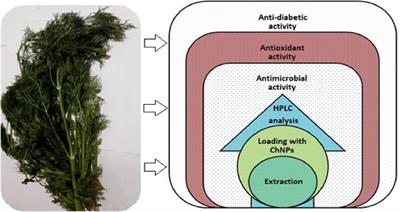EDITORIAL
Published on 10 May 2024
Editorial: Natural compounds and novel sources of antimicrobial agents for food preservation and biofilm control, volume II
doi 10.3389/fmicb.2024.1412881
- 458 views
3,489
Total downloads
15k
Total views and downloads
You will be redirected to our submission process.
EDITORIAL
Published on 10 May 2024
ORIGINAL RESEARCH
Published on 18 Mar 2024
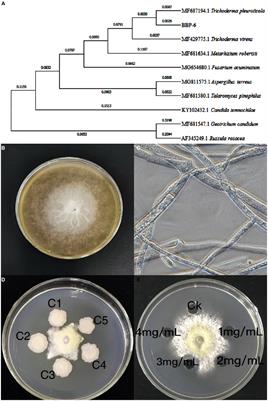
ORIGINAL RESEARCH
Published on 22 Nov 2023
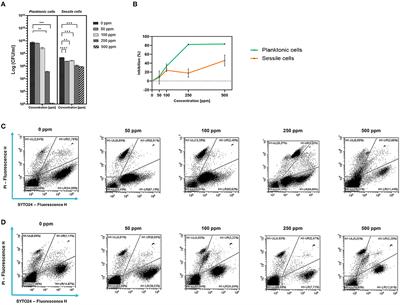
ORIGINAL RESEARCH
Published on 27 Sep 2023
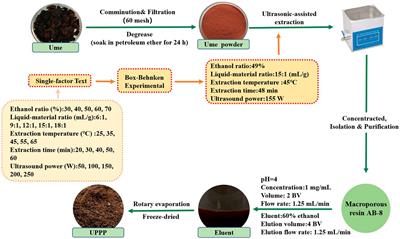
ORIGINAL RESEARCH
Published on 13 Sep 2023
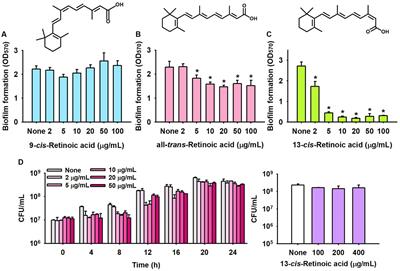
ORIGINAL RESEARCH
Published on 21 Jul 2023
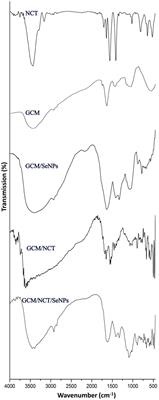
ORIGINAL RESEARCH
Published on 04 Jul 2023
